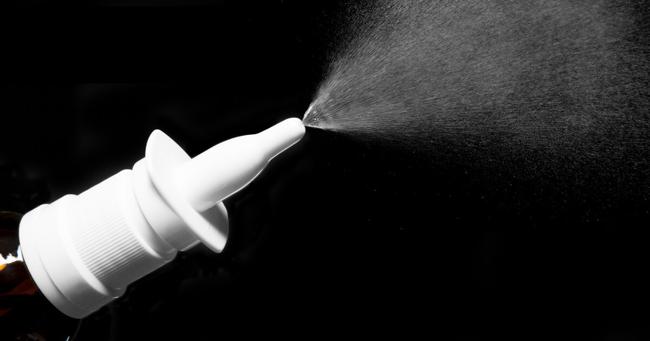Summary
Here’s the lowdown from allergy doctors on how to get relief, from which medicines to use and how to best use them to tips for keeping pollen out of your home.
Source: WRVO Public Media

AI News Q&A (Free Content)
Q1: What are the common side effects associated with nasal sprays used for managing allergic rhinitis?
A1: Nasal sprays such as those containing ipratropium bromide or fluticasone propionate can have side effects. Common side effects include headache, dry nose, dry mouth or throat, nasal or throat irritation, and nosebleeds. More serious, though rare, side effects can include severe allergic reactions or changes in vision. Ipratropium bromide, for instance, is known to cause headaches and dry mouth when used as a nasal spray.
Q2: How does fluticasone propionate work in managing symptoms of hay fever?
A2: Fluticasone propionate is a glucocorticoid steroid that decreases inflammation, which helps to manage symptoms of hay fever and nasal polyps. When used as a nasal spray, it reduces the inflammation in the nasal passages, alleviating symptoms such as congestion and runny nose. It is widely prescribed and was among the top prescribed medications in the United States in 2022.
Q3: What are some effective strategies for managing spring allergies at home?
A3: Managing spring allergies involves reducing exposure to pollen indoors. Some effective strategies include using air purifiers, keeping windows closed during high pollen counts, washing bedding frequently, and showering before bed to remove pollen. Additionally, over-the-counter nasal sprays and antihistamines can help manage symptoms.
Q4: According to recent research, what is the prevalence of allergic rhinitis among children in Saudi Arabia?
A4: A study conducted in Tabuk, Saudi Arabia, found that the prevalence of allergic rhinitis (AR) among children was 64.3%. The research highlighted that AR significantly affects children's quality of life, impacting sleep, mood, and academic performance. Seasonal allergies were more common, affecting 63.4% of the children studied.
Q5: What impact does allergic rhinitis have on the quality of life of pediatric patients?
A5: Allergic rhinitis has a profound impact on the quality of life of pediatric patients. It affects sleep quality, emotional well-being, and physical activities. The condition is significantly correlated with impaired daily activities, school performance, and social interactions, indicating a broad and severe effect on children’s lives.
Q6: What are some of the non-medicinal management strategies for allergic rhinitis in children?
A6: Non-medicinal strategies for managing allergic rhinitis in children include education or counseling and psychological support. These approaches have shown significant associations with the prevalence and management of AR, helping to improve the quality of life by addressing the emotional and psychological impacts of the condition.
Q7: What are the advantages of using nasal sprays for systemic drug delivery?
A7: Nasal sprays provide a quick and direct route for drug delivery, making them an efficient alternative to injections or pills. They are particularly useful for drugs that need to cross the blood-brain barrier or for conditions requiring fast relief. This method is commonly used for systemic administration of medications for migraines, nausea, and hormone replacement therapy.
References:
- Nasal spray - Wikipedia
- Ipratropium bromide - Wikipedia
- Fluticasone propionate - Wikipedia
- Prevalence of Allergic Rhinitis and its Impact on Quality of Life Among Pediatric Patients in Tabuk, Saudi Arabia - Oman Medical Journal





